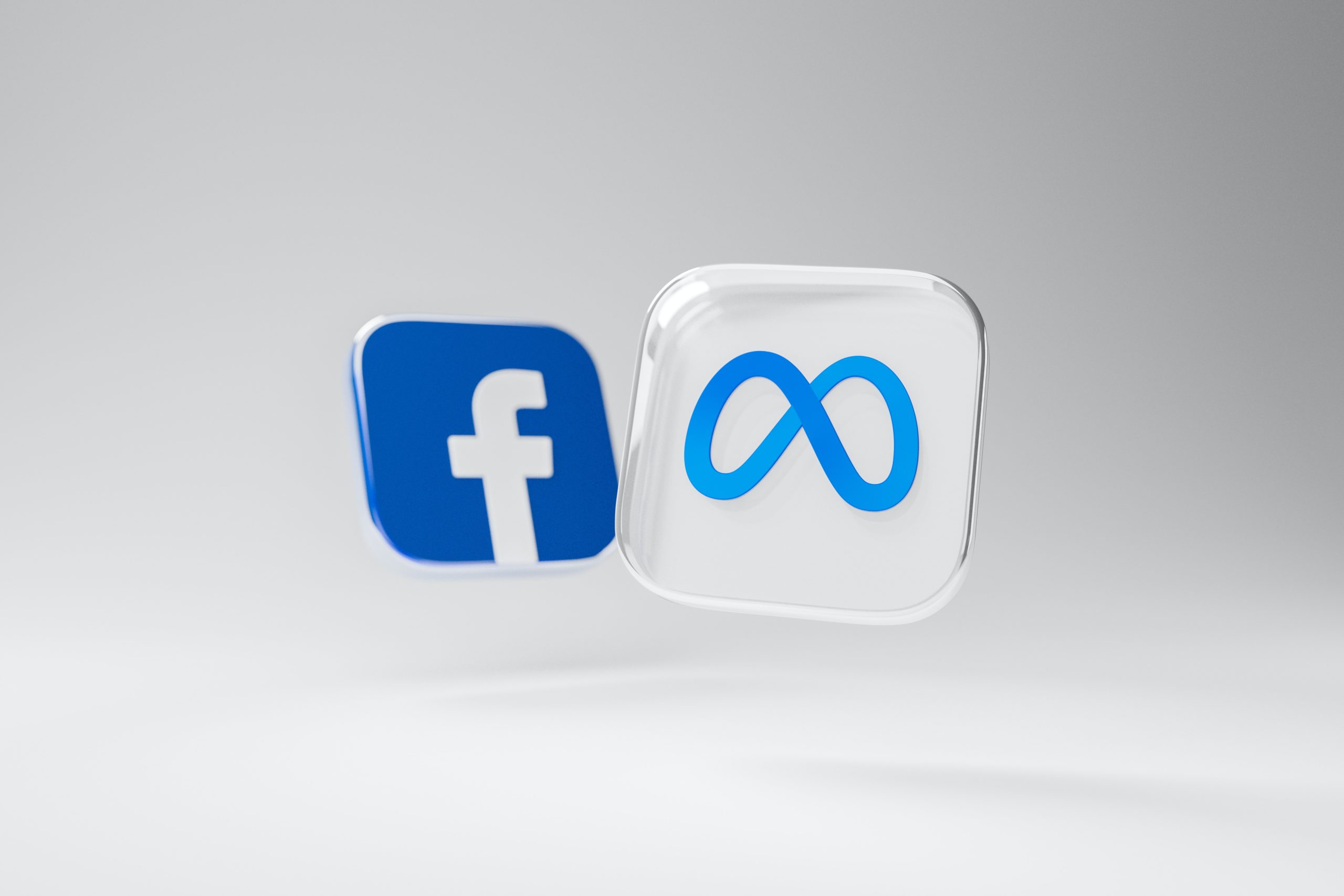Over the years, Facebook has been a Teflon brand. No matter how many controversies and setbacks the company has faced, it has seen its stock price and market capitalization soar. But all that changed on February 2 when Facebook’s parent company Meta announced earnings for the fourth quarter 2021. The company:
- Missed its earnings estimates.
- Reported that Facebook’s global daily active users declined from the previous quarter to 1.929 billion from 1.930 billion. Although Facebook has experienced drops in the United States before, this was the first time the world’s most popular social platform had experienced a decline in its user base.
- Forecast weaker-than-expected revenue growth for the next quarter.
- Said that the company would suffer a $10 billion revenue hit in 2022 because of the impact of Apple’s iPhone privacy controls launched in 2021.
Investors were stunned. The next day, Meta suffered a 26 percent drop in its stock price – the largest single-day drop in history. Not just for Meta. For any company.
Companies can have a bad quarter. But why did Meta suffer a historic drop in its stock price? There is no single, clear-cut answer. But a few factors no doubt played a role:
- The drop in users, although not massive, stoked concerns that Facebook is finally beginning to feel the impact of its ongoing brand safety controversies and indifference from the growing Gen Z population. Losing members can be a red flag for advertisers, and Facebook needs advertising revenue to succeed.
- Meta surprised investors by saying it still has not recovered from the impact of Apple’s consumer privacy controls. In 2021, Apple altered its operating system to require apps to get a person’s permission before tracking their data across apps or websites owned by other companies for advertising, or sharing their data with data brokers. This move curtailed the ability for advertisers and ad platforms such as Facebook to target digital ads across the web. Ad platforms such as Snapchat and Twitter said that the restrictions were either not hurting them or that they had figured out satisfactory ways to keep creating effective ads despite the existence of the privacy controls. It was alarming to hear that Meta had not figured out a solution yet.
- Meta’s big bet on the next generation of the internet, the metaverse, is costing the company – a lot. Meta said that the company spent $10 billion in 2021 on various products that form the building blocks of the metaverse. That spend hurt profits. And the metaverse is still many years away, which has made investors ask: just how much is the metaverse going to cost Meta?
Even still, Facebook achieved $33.67 billion in ad revenue for the quarter, which was better than expected. Should Facebook’s advertisers be concerned? As an agency that helps many businesses build their brands and convert customers through Facebook advertising, we believe that if you advertise on Facebook, you should:
- Keep advertising on Facebook if you are satisfied with your results so far. Based on our client work, Facebook continues to drive conversions even though the cost per conversion has increased and conversion rates are lower. Facebook remains an efficient and cost-effective alternative to competing platforms.
- Adapt to the new reality of Facebook advertising. One of the challenges with Facebook advertising under Apple’s privacy controls is having access to less user data for targeting various audience segments with ads. We’ve been working with Facebook to develop workarounds such grouping our clients’ target audiences together to give the Facebook algorithm more data to work with a (as opposed to breaking up audiences into separate groups). We’ve also removed audience exclusions from campaigns. After we aggregated audience data and removed exclusions, we gradually began to see an improvement in ad conversions following a drop resulting from the privacy controls.
- Keep an eye on the decline in users. Understand where they’re going when they leave Facebook. In particular, Facebook said that TikTok has emerged as a much stronger competitor. TikTok is especially red hot with the Gen Z generation. In addition, monitor sentiment among your audiences, foremost your customers. In light of Facebook’s ongoing controversies over privacy and the publication of harmful content, are your customers expressing concern? Is your brand safety at risk? (This may or may not be the case. As we’ve blogged before, social media will always be a messy place to live, and many brand have learned to live alongside that reality.
Advertisers have more choices than ever – emerging apps such as TikTok, retailer ad platforms such as Amazon Advertising, to name a few. The well-established ad platforms such as Google continue to launch new products. As always, we urge advertisers to stay on top of the evolving market. At True Interactive, we advocate for our clients by understanding how the ad industry is changing so that we can maximize clients’ return on ad spend. Contact us to learn how we can help you.
Photo by Dima Solomin on Unsplash
